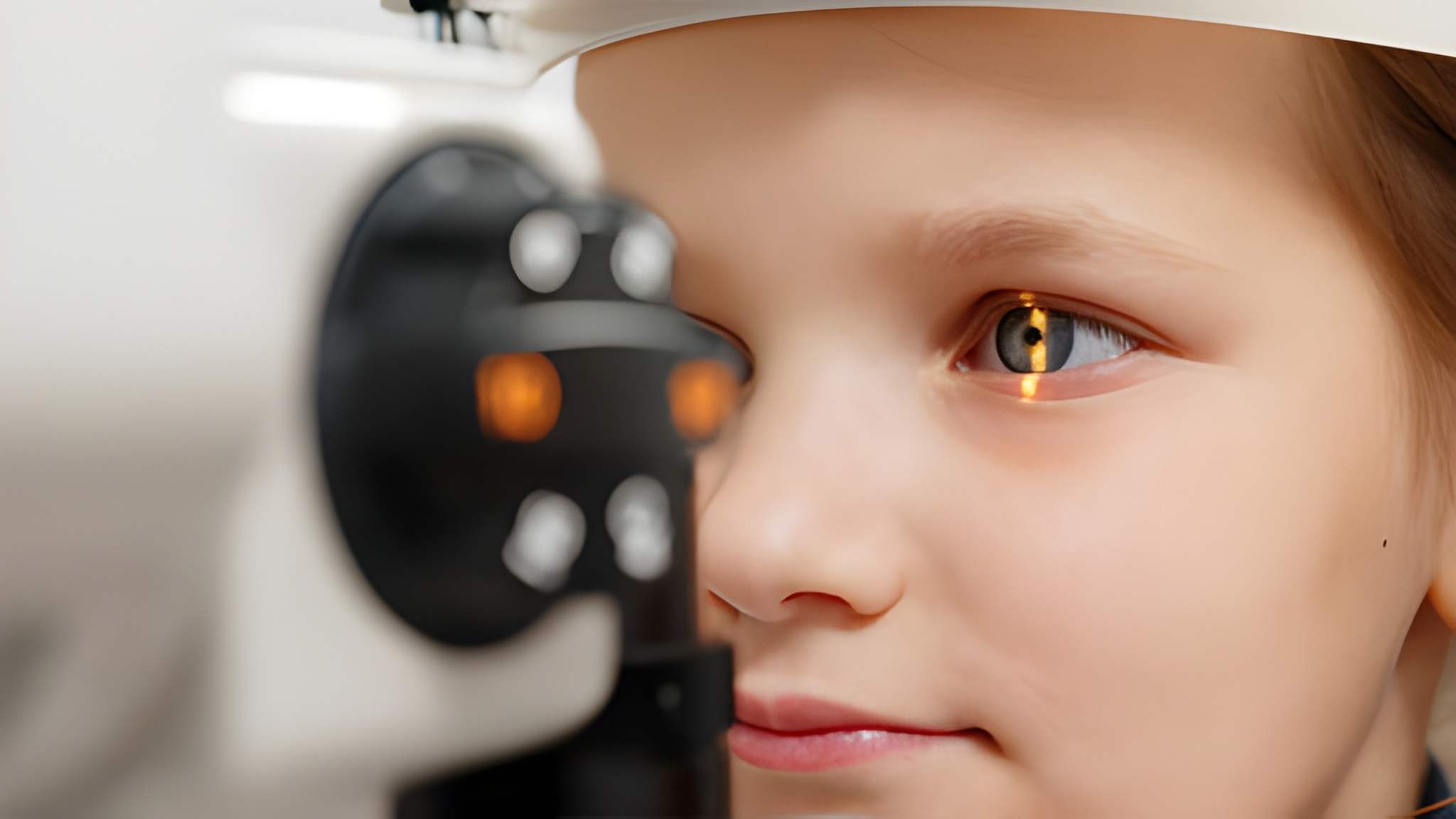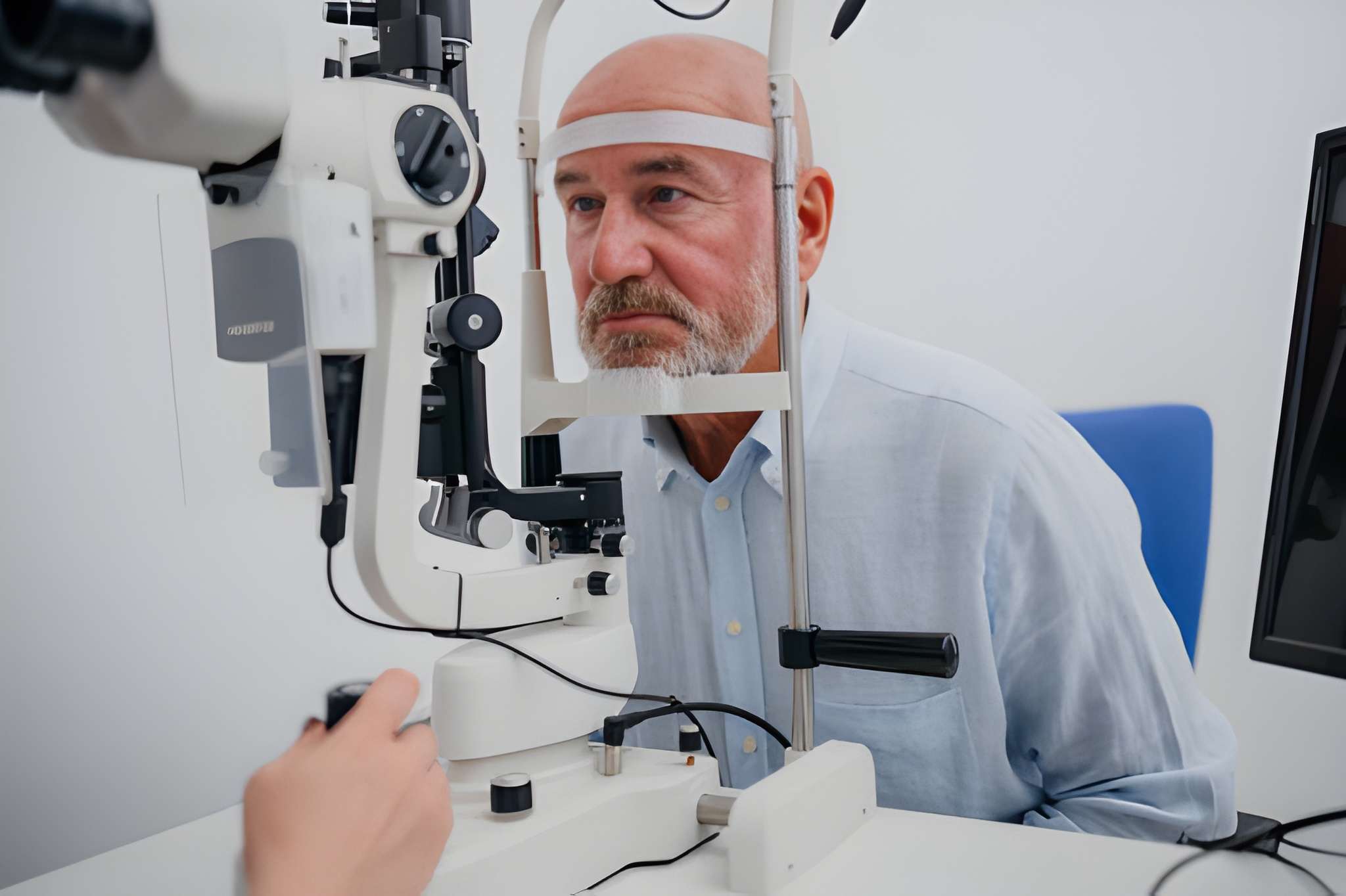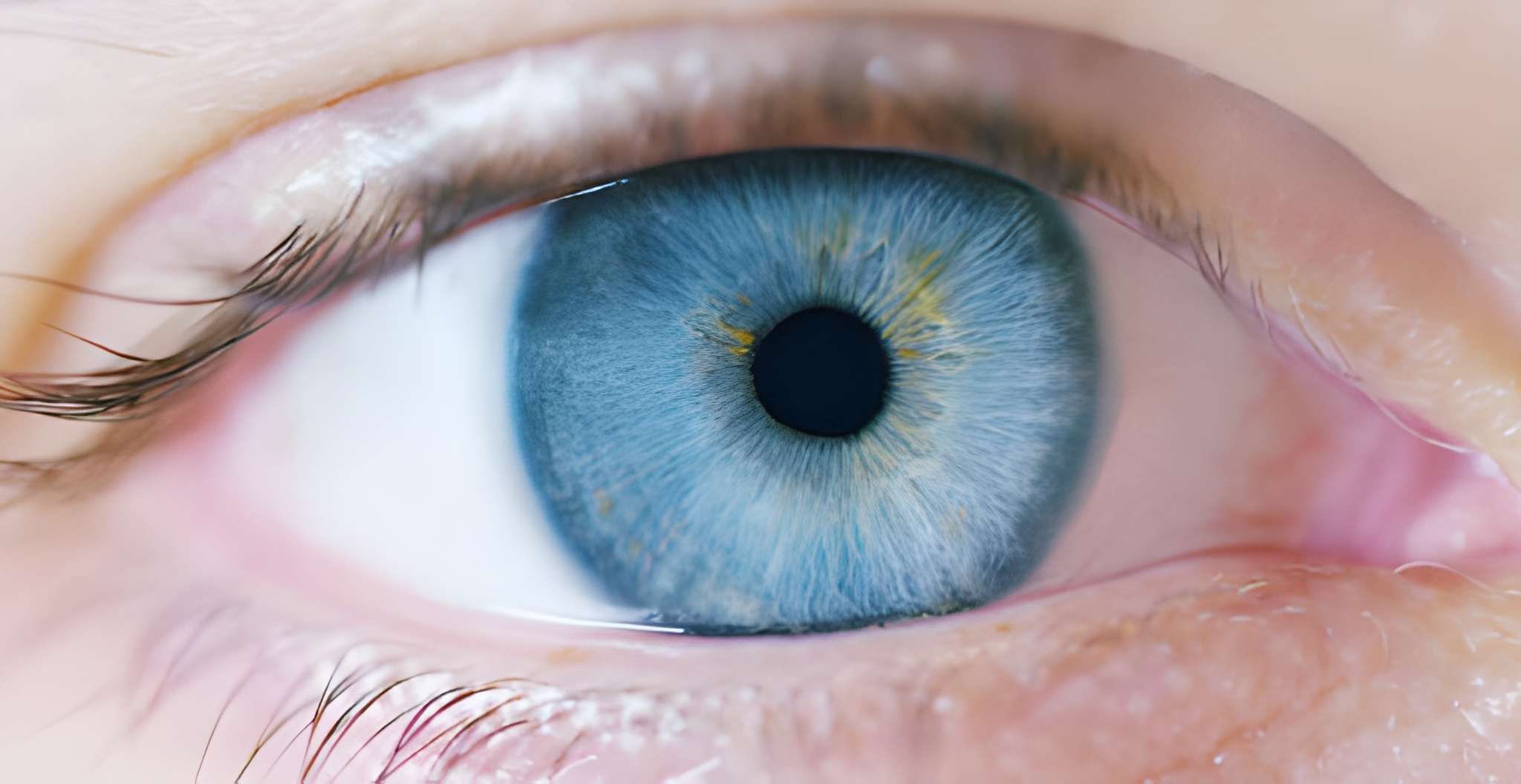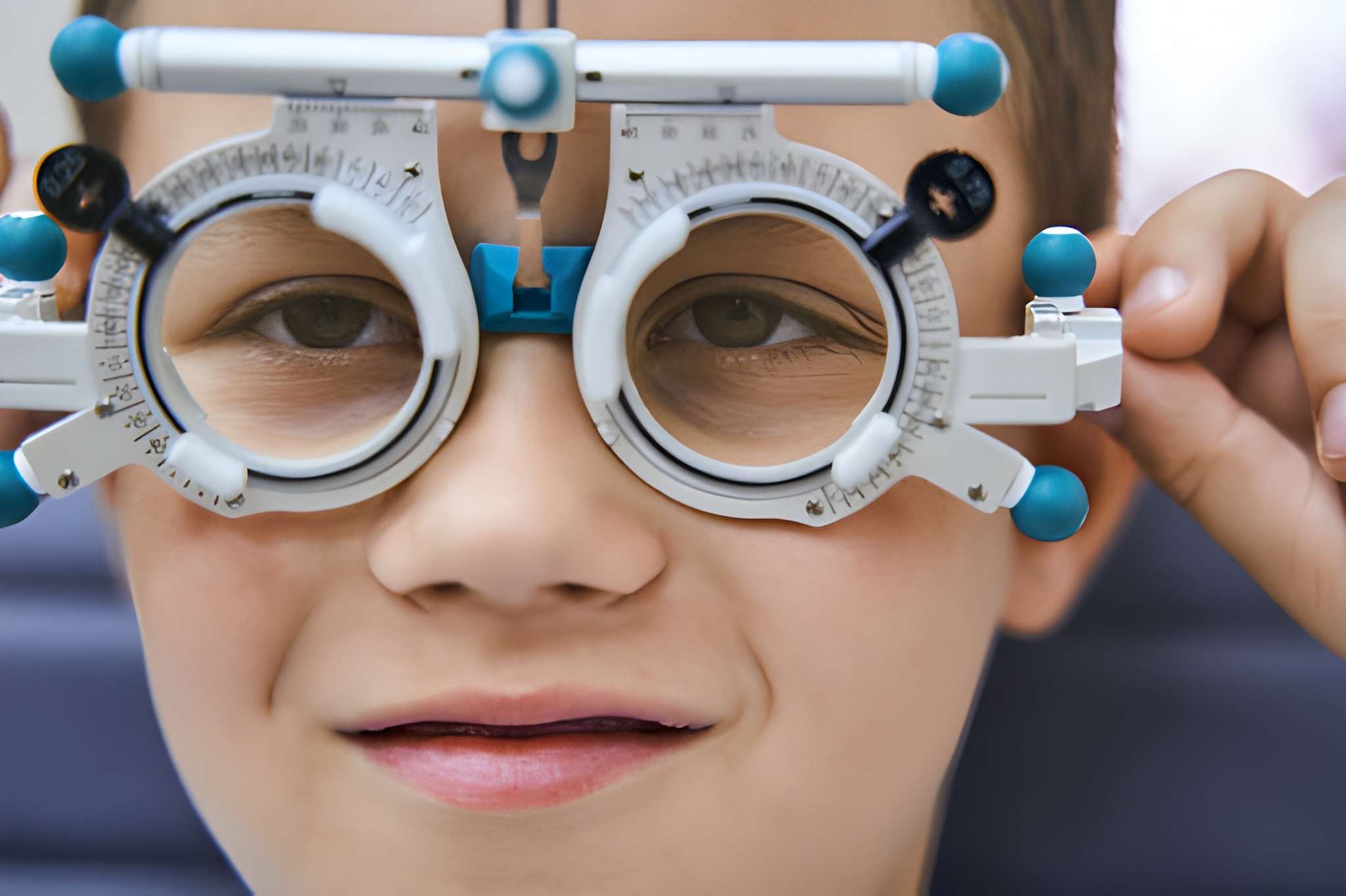The retina serves as a critical component of the visual system, translating light into neural signals that enable sight. However, when the retina weakens, it can lead to various symptoms that affect vision and overall eye health. This article explores the symptoms indicative of retinal weakness, emphasizing the importance of early detection and appropriate management to preserve vision. Consulting an experienced eye specialist in Dubai can provide valuable insights and personalized care for individuals experiencing retinal weakness, ensuring optimal vision outcomes.
Anatomy and Function of the Retina
Situated at the posterior segment of the eye, the retina is a complex tissue comprising specialized cells known as photoreceptors, primarily rods and cones. These photoreceptors capture light stimuli and convert them into electrical signals, initiating the visual process. Subsequently, these signals travel through retinal layers and converge at the optic nerve, transmitting visual information to the brain for interpretation. Understanding the intricacies of the retina’s anatomy and its pivotal role in vision elucidates how retinal weakness can manifest through various symptoms, thereby underscoring the significance of early detection and intervention to maintain visual health.
Is Retina Surgery Painful?
Common Causes of Retinal Weakness
Retinal weakness stems from a multitude of factors, encompassing age-related changes, ocular trauma, and ocular diseases like diabetic retinopathy and macular degeneration. Additionally, genetic predispositions can predispose individuals to retinal vulnerabilities. Each of these etiologies exerts distinct effects on retinal structure and function, precipitating a spectrum of symptoms indicative of retinal compromise. By comprehensively understanding the diverse causes of retinal weakness, clinicians can effectively diagnose and manage retinal conditions, thereby mitigating potential vision loss and optimizing visual outcomes.
Symptoms of a Weak Retina
Retinal weakness often presents with a diverse array of symptoms, each indicative of potential underlying issues. These symptoms may include:
Blurred or Distorted Vision: A common symptom of retinal weakness, blurred vision can occur due to abnormalities in retinal structure or function, affecting the clarity of vision.
Floaters or Spots in Vision: These are tiny specks or strands that drift across the field of vision and can result from changes in the vitreous humor or abnormalities in the retina.
What Vitamin Deficiency is Retina?
Flashes of Light: Sudden flashes of light, especially in the peripheral vision, may indicate retinal traction or detachment, necessitating immediate evaluation.
Loss of Peripheral Vision: Gradual or sudden loss of peripheral vision may signify retinal degeneration or detachment, requiring prompt medical attention.
Shadow or Curtain-like Obstruction in Vision: The sensation of a shadow or curtain descending over the visual field may suggest a retinal tear or detachment, posing a risk of vision loss if left untreated.
Difficulty Seeing in Low Light Conditions: Impaired night vision or difficulty adjusting to low light environments can be indicative of retinal dysfunction, particularly affecting the function of rod photoreceptors.
Understanding these symptoms is crucial for identifying retinal weakness and seeking appropriate medical intervention.
Can Retina Problems be Cured?
Progressive Nature of Retinal Weakness
Retinal weakness is characterized by its progressive nature, with symptoms often worsening over time if left untreated. As the underlying condition affecting the retina advances, the severity of symptoms tends to escalate, posing a greater risk to vision and overall eye health. Early detection and intervention are crucial in mitigating the progression of retinal weakness and preserving visual function.
One aspect of the progressive nature of retinal weakness is the gradual deterioration of vision. Initially, individuals may experience mild symptoms such as occasional blurred vision or floaters in their visual field. However, as the condition progresses, these symptoms may become more frequent and pronounced, impacting daily activities such as reading, driving, or recognizing faces.
Read More: What is Retina?
Moreover, retinal weakness can lead to complications such as retinal detachment or macular degeneration, which pose significant threats to vision. Retinal detachment occurs when the retina pulls away from its normal position, causing a sudden onset of symptoms such as flashes of light, a curtain-like shadow in the visual field, or a sudden loss of vision. Macular degeneration, on the other hand, affects the central part of the retina (macula), leading to a gradual loss of central vision.
As retinal weakness advances, individuals may also experience a decline in peripheral vision, making it challenging to navigate their surroundings safely. Additionally, difficulties with night vision or adjusting to low light conditions may worsen, further impairing overall visual function.
Overall, the progressive nature of retinal weakness underscores the importance of early detection and timely intervention. Regular eye examinations and screenings are essential for monitoring changes in retinal health and initiating appropriate treatment measures to preserve vision and enhance overall quality of life. By addressing retinal weakness proactively, individuals can mitigate the risk of vision loss and maintain optimal eye health in the long term.
Can Retina Heal Without Surgery?
Risk Factors for Retinal Weakness
Several factors increase the risk of developing retinal issues, including age, family history of eye diseases, systemic health conditions like diabetes and hypertension, eye trauma, and prolonged exposure to UV radiation. Recognizing these risk factors can aid in proactive eye care and early detection of retinal weakness.
Consult With Retina Specialist in Dubai
Diagnosis and Screening for Retinal Weakness
The diagnosis of retinal weakness typically entails a thorough evaluation conducted during a comprehensive eye examination. This evaluation encompasses various diagnostic modalities aimed at assessing retinal health and identifying any signs of weakness. Key components of this assessment include a dilated fundus examination, which allows for a detailed inspection of the retina’s structure and integrity. Additionally, visual acuity testing is performed to evaluate the clarity of vision and detect any abnormalities that may indicate retinal dysfunction.
Furthermore, optical coherence tomography (OCT) is utilized to obtain high-resolution cross-sectional images of the retina, enabling clinicians to visualize subtle changes and abnormalities within retinal layers.
Treatment Options for Retinal Weakness
The management of retinal weakness encompasses a spectrum of treatment modalities tailored to address specific underlying conditions and the severity of retinal dysfunction. These treatment options may include laser therapy, which is utilized to target and treat abnormal blood vessels or retinal lesions associated with conditions such as diabetic retinopathy or retinal tears.
Intravitreal injections, involving the administration of medication directly into the vitreous cavity, are often employed to deliver anti-inflammatory or anti-vascular endothelial growth factor (VEGF) agents for the management of conditions like macular degeneration or diabetic macular edema.
For more complex cases of retinal weakness, surgical interventions such as vitrectomy or scleral buckling may be recommended. These procedures aim to address underlying structural abnormalities or retinal detachment, restoring retinal stability and function. Additionally, medications may be prescribed to manage systemic health conditions contributing to retinal dysfunction, such as hypertension or diabetes.
What is the retina and pupil?
Lifestyle Modifications and Preventive Measures
Adopting a healthy lifestyle and implementing preventive measures can support retinal health and reduce the risk of retinal weakness. These measures may include maintaining a balanced diet rich in antioxidants and omega-3 fatty acids, regular exercise, smoking cessation, managing systemic health conditions, wearing protective eyewear, and limiting UV exposure.
Final Thoughts
Understanding and recognizing the symptoms associated with retinal weakness play a pivotal role in safeguarding vision and ensuring optimal eye health. The ability to identify these symptoms promptly empowers individuals to take proactive measures in addressing potential retinal issues, thereby preserving visual function over the long term. By remaining vigilant and seeking timely medical attention upon experiencing any indicative symptoms, individuals can embark on a proactive journey towards maintaining the integrity of their retinal health and sustaining optimal vision for years to come.
Consult With an Ophthalmologist Dr. Qasim Qasem Today
Take the first step towards optimal eye health by scheduling a consultation with esteemed ophthalmologist Dr Qasim Qasem. With years of experience and a commitment to delivering personalized care, Dr. Qasim Qasem offers comprehensive eye evaluations and tailored treatment plans to address a wide range of eye conditions. Whether you’re seeking routine eye care, managing a chronic condition, or exploring surgical options, Dr. Qasim Qasem combines expertise with compassion to ensure the best possible outcomes for his patients.
Book an Appointment With Dr. Qasim Today











